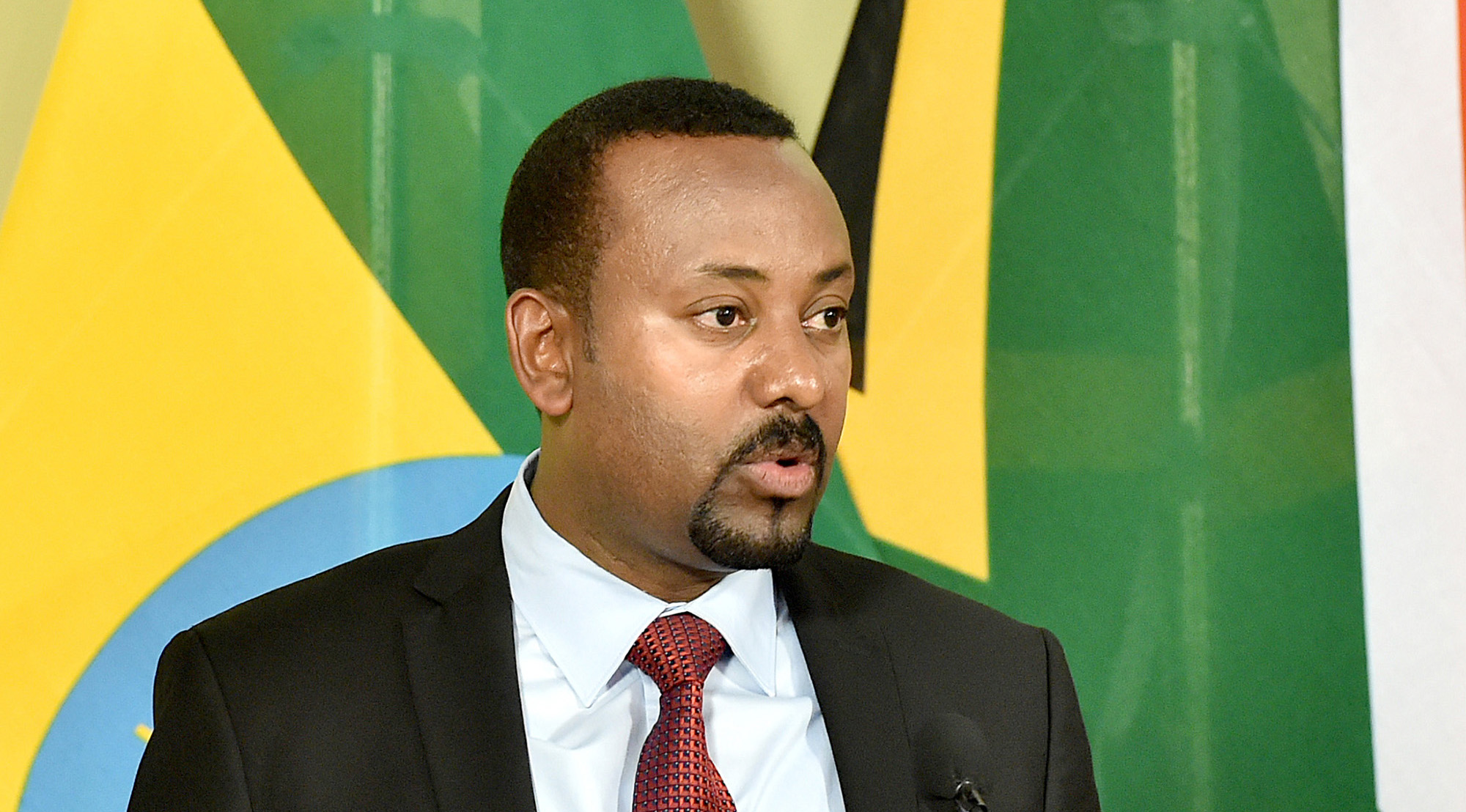This text summarizes an interview with Paulos Asfaha, Assistant Professor at the Global Studies Institute, University of Geneva and Specialist on Contemporary Ethiopia.
Mistrusted and unknown on the international stage two years ago, Abiy Ahmed rapidly inspired enthusiasm and hope following the announcement of the progressive reforms he planned to introduce in Ethiopia. What is the situation today and what is the likelihood of him winning the elections?
Shortly after Abiy Ahmed came to office in 2018, a once State-controlled television program filmed an interview with former prisoners who were victims of torture – something inconceivable under the previous regime. This was only one democratic symbol of many that encouraged the national and international press to heap praise on the young Prime Minister, sometimes compared to Gorbachev or Deng Xiaoping.
However, his popularity has gradually declined, as in many respects the situation in Ethiopia has not improved. Its people are still worn down by socioeconomic problems: rampant inflation, very low pay, inadequate social protection, disastrous social services and a broken education system. Moreover, the security situation is threatening the country’s prosperity. For all that, interethnic violence is mainly verbal, with social networks used as the conduit for expressing hate, so the country is fortunately still a long way from the type of conflict that involves ethnic cleansing, genocide or pogroms. This violence is often linked in error to Abiy Ahmed’s rise to power. In reality, Ethiopia’s political ethnicization is not recent, but dates back more than 50 years.
On top of that, Abiy Ahmed is accused of introducing reforms in an authoritarian way, and of building a cult of personality around himself. He is also accused of silencing some of his opponents. There was indeed a change in his political strategy following an attack three months after he was elected. A series of arrests for no good reason followed and the press once again felt threatened. Although the regime is on the path of democratization, it remains authoritarian, with the security forces and political elite at the heart of this despotic system.
Nonetheless, all the signals are that the elections will be run democratically. The electoral board is independent of the State and has been placed in the hands of opposition members based in Europe and the United States. This is unprecedented in Ethiopia, hence the immense expectations on the part of the population. The government’s recent attempt to postpone the elections until August proved that this political concern was well founded. Anti-establishment figures immediately accused the government of wanting to hold the election during the rainy season to stop people from going to vote. Like the choice of election date, the results of these elections will be closely watched. If they look suspiciously high, a resurgence of violence can be expected.


